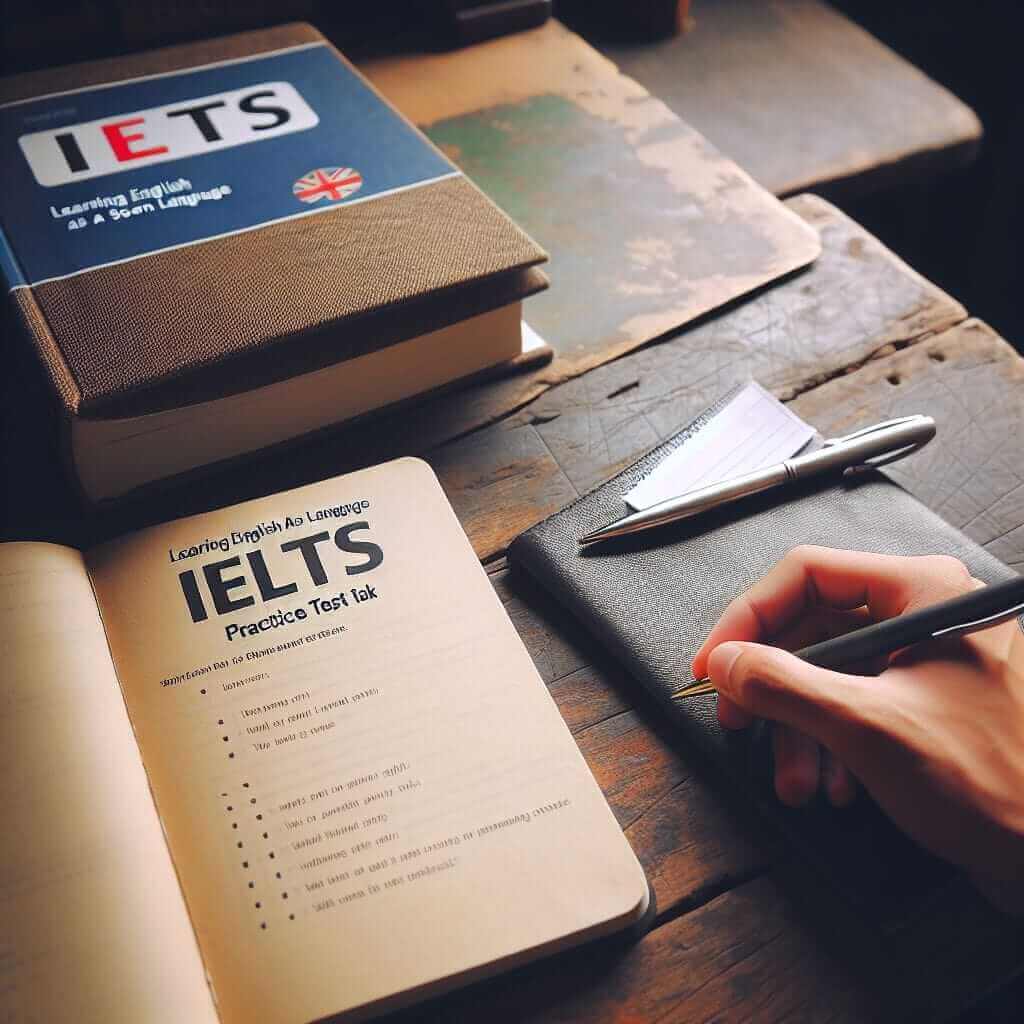As an IELTS instructor with over 20 years of experience, I often get asked, “How many practice tests are in an IELTS practice book?” and more importantly, “How many should I take to succeed?”. While the first question is easy to answer by simply flipping through a book, the second requires a deeper dive into individual learning styles and goals.
Understanding the Importance of IELTS Practice Tests
Practice tests are vital to your IELTS preparation. They offer a simulation of the actual exam environment, helping you familiarize yourself with the question types, time constraints, and overall structure. This familiarization reduces anxiety on exam day and allows you to focus on showcasing your language skills.
Choosing the Right IELTS Practice Book
The number of practice tests in a book can vary significantly. Some books focus on specific skills, offering fewer full tests but more targeted practice. Others might boast a large number of full tests, which can be beneficial for building stamina and tracking progress.
When selecting a practice book, consider the following:
- Reputation and Authenticity: Choose books from reputable publishers like Cambridge IELTS or Barron’s, known for their accurate representation of the IELTS exam.
- Your Current Level: If you’re just starting, a book with fewer tests but detailed explanations might be more beneficial. More advanced learners might prefer books with numerous tests for extensive practice.
- Focus on Specific Skills: If you struggle with a particular section, like Writing or Speaking, choose a book with more practice materials dedicated to those areas.

How Many Practice Tests Should You Take?
There is no magic number when it comes to practice tests. However, I recommend aiming for at least 4-6 full practice tests under timed conditions before the actual exam. This provides sufficient opportunity to identify strengths and weaknesses and refine your exam strategy.
Beyond the numbers, focus on:
- Quality over Quantity: Simply taking numerous tests without analyzing mistakes won’t yield results. Dedicate time to review each test, understand your errors, and work on improving weak areas.
- Spaced Repetition: Don’t cram all the practice tests at once. Space them out over your study period, allowing time for focused learning between each test.
- Simulating Exam Conditions: Create a realistic exam environment when taking practice tests. Find a quiet space, time yourself strictly, and avoid distractions.
Utilizing Practice Test Resources Effectively
- Official IELTS Websites: Websites like the British Council and IDP offer free sample tests and practice materials.
- Online Platforms: Several online platforms provide interactive practice tests, often with automated scoring and feedback.
- IELTS Practice Communities: Engage in online forums and study groups to discuss strategies, share resources, and learn from others’ experiences.
Conclusion
Remember, your IELTS score is a reflection of your language proficiency, not just your ability to ace practice tests. Use practice tests strategically as tools to gauge progress, refine skills, and build confidence. With consistent effort and focused practice, you’ll be well-prepared to achieve your desired IELTS score. Good luck!